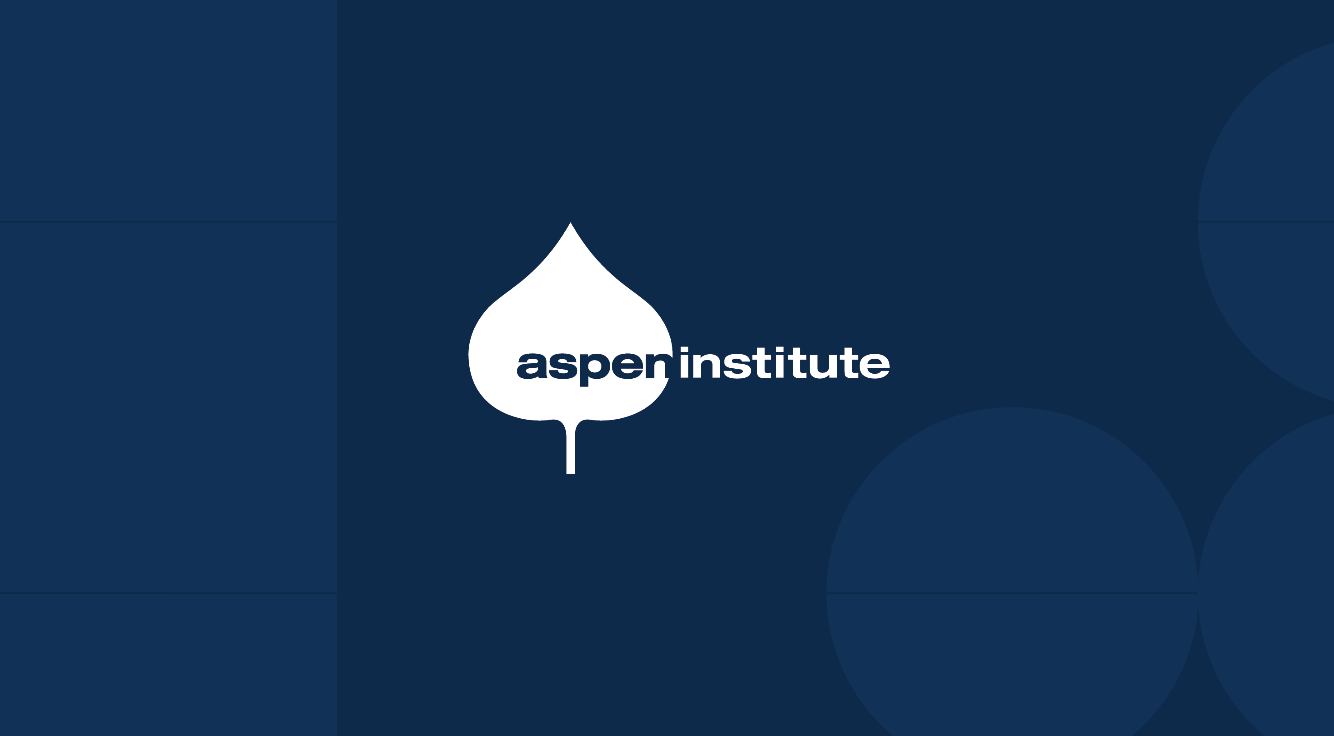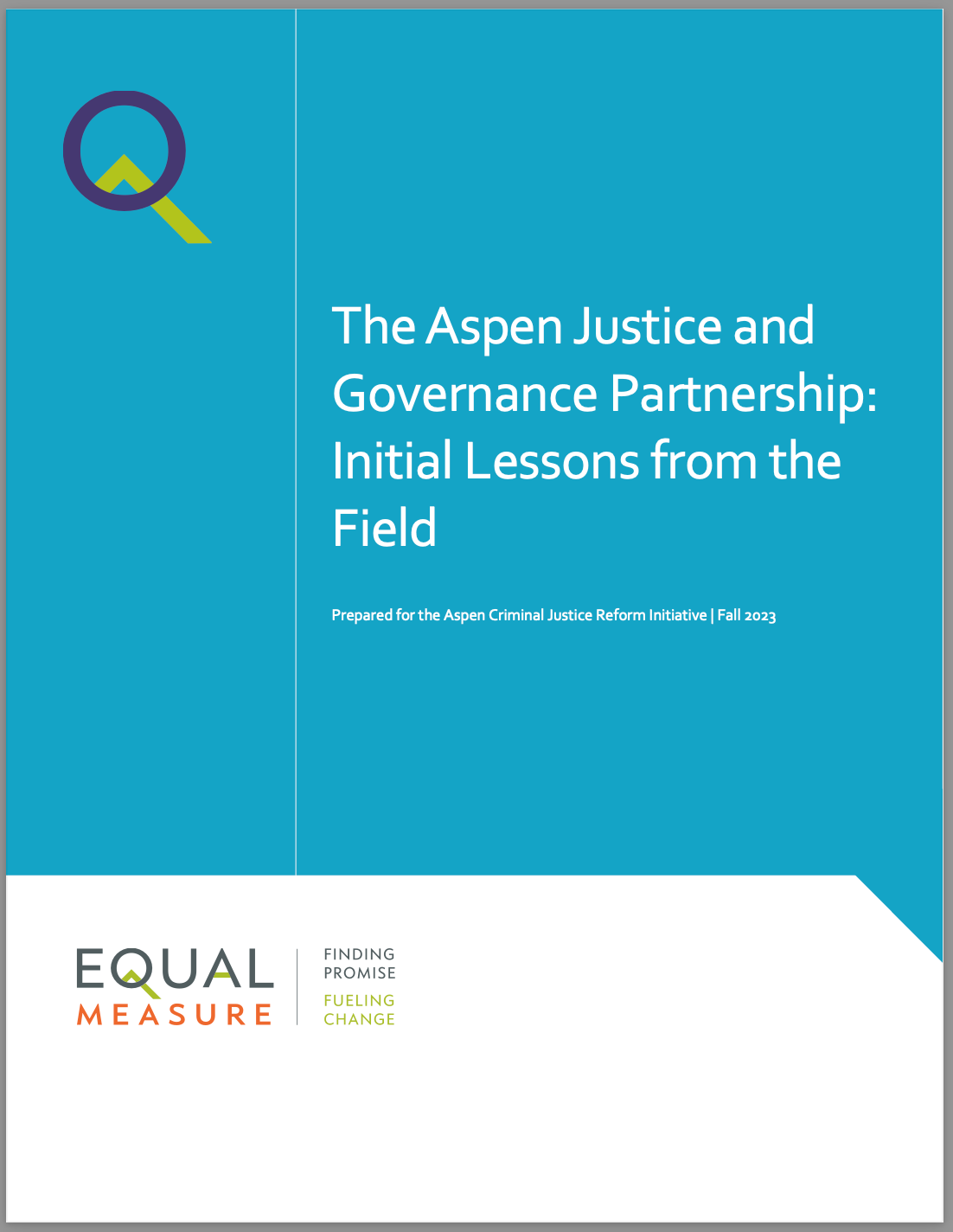India Leadership Initiative Fellow Pallav Patankar , who is part of the Aspen Global Leadership Network, is leading the effort to change the hearts and minds of politicians in his country around their views of lesbian, gay, bisexual, and transgender people. Through face-to-face meetings with elected officials, Patankar is helping to show the humanity of LGBT citizens.
Read below to learn more about Patankar’s work.
AGLN: What is your Action Pledge and what problem are you trying to solve?
Pallav Patankar: My Action Pledge is to increase advocacy efforts and discussions with politicians and government officials around issues of LGBT rights in India. It’s not a topic which one discusses generally — it’s met with a lot of discomfort and people don’t understand it correctly. I feel like it’s time to set things right and speak about it more openly, more freely.
We were in the British colonial system until we got our independence in 1947. The British left us with a lot of colonial laws from as far back as the 1870s, and one of the sections we inherited from the British legal system was Section 377, which says that any sexual interactions between two individuals which go against the “order of nature” — that can be read any way you want to read it — can mean up to life imprisonment, and that sentence is a criminal code. Though the law is not specifically meant against LGBT people, that law is used against LGBT individuals by police, very often to incarcerate, very often to blackmail, and very often for extortion.
It’s not right to say that discrimination against LGBT people just affects the LGBT populations. It goes beyond that; it affects their families, it affects the people they marry to hide their own sexual identities. And that in effect has a larger footprint than just the LGBT population itself. I don’t think this particular argument has been understood by the political class in my country or the government. That needs to be impressed in a better way and a more sustained way.
AGLN: Why is this a personal mission for you?
PP: When I was 18, had there not been someone to hold my hand, I would not have been counseled. I feel that I am giving back to the community that helped me when I needed it the most. That is extremely important.
AGLN: What kind of impact do you hope to have?
PP: I would be happy if the discussion is allowed on the floor of the Lower House — Lok Sabha. This has not been happening because members of Parliament have been voting against the subject being discussed. We would have finally achieved our goal if after the discussion is allowed, you actually have a vote that reads down Section 377. You’ll be able to see the people who voted for it, who voted against it, and who abstained.
AGLN: How do you inspire others to work towards your vision?
PP: People need to know it’s coming from your gut and you’re really passionate about it. If that’s not there, I don’t think you’ll be able to go all the way because you are dealing with issues that are personal to you.
The other way is to keep things simple. The more you complicate it, the more it’s going to be difficult. I think you should be clear about what it is you want to achieve, what are your constraints, and the best way to get it. Last, it’s important to keep your ego in check. Social empowerment movements should be community-focused, not personal-focused. It’s not about “I” and “me.” It’s about “us” and “we” taking this forward.
AGLN: What kind of support can the AGLN provide you?
PP: I look at the AGLN as an amazing support network that can give me information on opportunities, resources, as well as ideas. In my association in the past two years, I have already used the resources of my Fellows to address human rights issues as well as crisis situations for the LGBT community. I feel that I can draw on the experience and wisdom of the Fellows to make a huge difference in my work.

